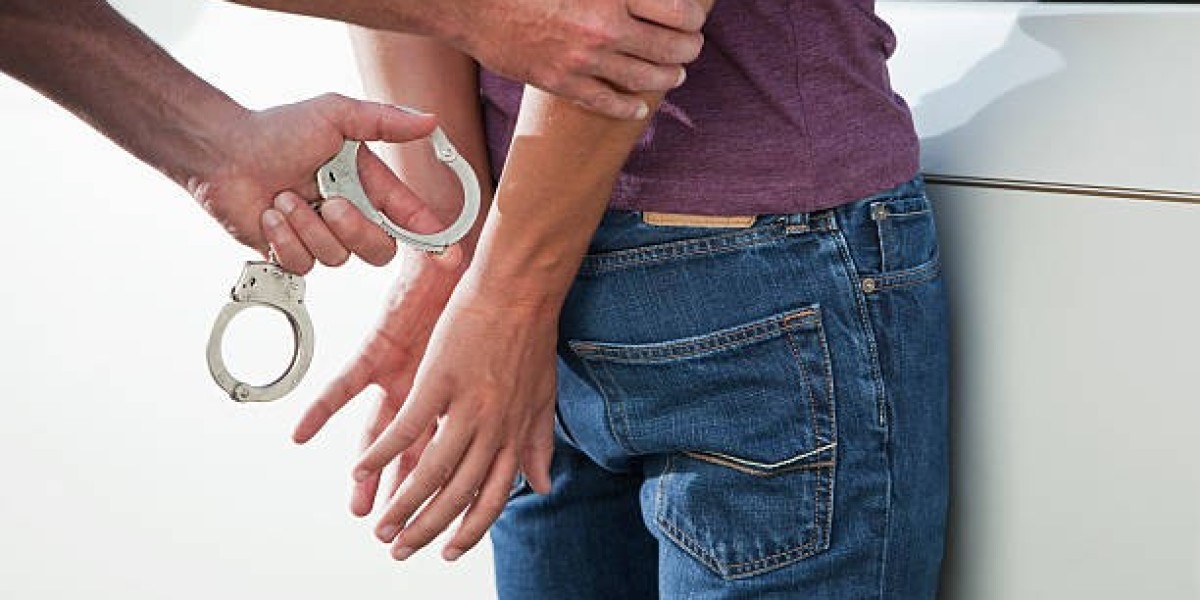The realm of juvenile offenses can be a sensitive and challenging territory. When young individuals find themselves entangled in legal troubles, it is crucial to approach their cases with compassion, understanding, and the goal of rehabilitation. Bail bonds play a significant role in ensuring that juveniles have a fair chance to work towards a better future while awaiting their court proceedings. This blog explores the importance of Bail Bonds Houston TX for juvenile offenses and how they can aid in the process of helping young lives get back on track.
The Purpose of Bail Bonds in Juvenile Offenses
When juveniles are charged with a crime, the primary focus is on their rehabilitation and reintegration into society rather than punishment. Bail bonds provide a mechanism for juveniles to secure temporary release from detention while their cases are pending. This allows them to maintain some semblance of normalcy, attend school, receive counseling or therapy, and participate in rehabilitation programs. By using bail bonds, juveniles have an opportunity to work towards positive changes in their lives while awaiting their court dates.
The Unique Challenges of Juvenile Offenses
Juvenile offenses present distinct challenges that require specialized attention and understanding. Young individuals involved in criminal activities often lack the maturity, life experience, and decision-making abilities of adults. They may be influenced by peer pressure, family circumstances, or other external factors that contribute to their involvement in unlawful activities. Recognizing these underlying issues is crucial in addressing the root causes of their behavior and providing appropriate support and guidance.
Balancing Rehabilitation and Public Safety
When considering bail for juvenile offenders, a delicate balance must be struck between rehabilitation and public safety. The purpose of bail in juvenile cases is not only to ensure the accused's presence at court but also to provide an opportunity for them to engage in rehabilitative efforts. Bail bonds allow juveniles to reside in a safe and supportive environment while accessing the necessary resources for personal growth and rehabilitation. This balanced approach acknowledges the importance of accountability while fostering opportunities for positive change.
The Role of Bail Bond Agencies in Juvenile Offenses
Bail bond agencies play a crucial role in the juvenile justice system. These agencies specialize in handling bail procedures and providing guidance to families navigating the complex legal landscape. Bail bondsmen who have experience with juvenile offenses understand the unique circumstances surrounding these cases and can offer valuable advice and support to both the juvenile and their families. They can facilitate the bail process, ensure compliance with legal requirements, and help juveniles understand their rights and responsibilities.
The Importance of Support Systems for Juvenile Offenders
Juvenile offenders often come from challenging backgrounds and may lack stable support systems. Bail bonds can provide a lifeline for these young individuals by allowing them to return to their families or suitable alternative environments. This reconnection to supportive relationships is crucial in providing the necessary emotional, social, and familial support that can contribute to their rehabilitation. By having access to stable and caring environments, juveniles have a better chance of making positive changes and breaking the cycle of criminal behavior.
Tailored Rehabilitation Programs and Services
Bail bonds for juvenile offenses also enable access to tailored rehabilitation programs and services. Unlike adult offenders, juveniles have specific needs that require individualized attention. By being released on bail, they can participate in counseling, therapy, educational programs, and skill-building activities that address the root causes of their delinquency. These specialized programs aim to rehabilitate rather than punish, equipping juveniles with the tools they need to make positive choices and lead productive lives.
Preventing the Negative Effects of Pretrial Detention
Pretrial detention can have detrimental effects on juveniles, often exacerbating their underlying issues and hindering their rehabilitation. Young individuals held in detention may be exposed to negative influences, limited educational opportunities, and a lack of access to necessary support services. Bail bonds help mitigate these negative effects by allowing juveniles to continue their education, maintain connections with positive role models, and engage in activities that promote personal growth. By avoiding the harmful consequences of pretrial detention, juveniles have a better chance of successfully reintegrating into society.
Collaboration with Juvenile Justice Professionals
Bail bond agencies specializing in juvenile offenses work closely with professionals in the juvenile justice system. They collaborate with probation officers, social workers, and counselors to ensure a holistic approach to rehabilitation. These collaborations foster communication and coordination among stakeholders, allowing for a comprehensive support system for juveniles. By working together, bail bond agencies and juvenile justice professionals can identify and address the specific needs of young offenders, improving their chances of successful rehabilitation.
Conclusion
Bail bonds play a crucial role in the lives of young individuals facing juvenile offenses. By providing temporary release from detention, bail bonds enable access to support systems, tailored rehabilitation programs, and the necessary resources for personal growth. These bonds strike a balance between rehabilitation and public safety, recognizing the unique circumstances of juvenile offenders. Through collaboration with bail bond agencies and professionals in the juvenile justice system, we can help young lives navigate the complexities of the legal process and work towards a brighter future. By focusing on rehabilitation and providing the necessary support, we can empower these individuals to break free from the cycle of delinquency and become productive members of society.








